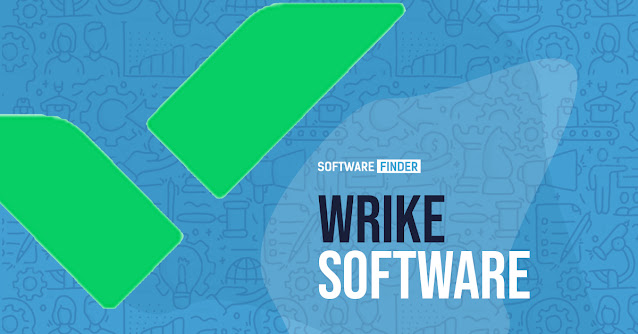Best 7 Project Management Software Types 2023
Project management software helps individuals and organizations in tracking progress, allocating resources, and ensuring the completion of projects on time and within budget. The software can be tailored to various industries and departments, such as engineering, healthcare, education, IT, and more. In this article, we will highlight the best 7 project management software types, covering their features, benefits, and use cases.
1: Accounting Software for Project Management
Accounting
software for project management
combines financial and project management capabilities to provide organizations
with a comprehensive solution for tracking expenses, revenue, and project
profitability. These software solutions typically offer features such as time
and expense tracking, invoicing, budgeting, and reporting.
Benefits:
- Streamline accounting and
project management processes
- Get real-time visibility into
project financials
- Easily track and manage project
expenses
Use Cases:
- Construction and contracting
companies
- Freelance consultants and
service providers
- Non-profits and organizations
with multiple projects and funding sources
2: Project Management Software for Engineering
Project
management software for engineering
is designed specifically for engineers and engineering teams, providing them
with the tools they need to manage complex projects, track progress, and ensure
quality control. These solutions typically include features such as Gantt
charts, task management, collaboration tools, and technical project management.
Benefits:
- Centralize project information
and team communication
- Streamline quality control and
testing processes
- Improve project efficiency and
reduce rework
Use Cases:
- Manufacturing and engineering
companies
- Aerospace and defense
organizations
- Electrical and mechanical
engineering firms
3: Project Management Software for Healthcare
Project
management software for healthcare
helps healthcare organizations manage clinical trials, patient recruitment, and
other research projects. These solutions typically include features such as
patient tracking, study management, and reporting capabilities.
Benefits:
- Streamline clinical trial
processes and improve patient outcomes
- Reduce administrative burdens
for clinical research teams
- Facilitate collaboration and
communication between stakeholders
Use Cases:
- Clinical research organizations
- Hospitals and healthcare
systems
- Biotech and pharmaceutical
companies
4: Project Management Software for Education
Project
management software for education
helps schools and universities manage student projects, research, and
extracurricular activities. These solutions typically include features such as
team collaboration, task management, and progress tracking.
Benefits:
- Facilitate teamwork and collaboration
among students
- Monitor and evaluate student
progress
- Streamline project management
for teachers and instructors
Use Cases:
- K-12 schools and universities
- After-school programs and
extracurricular activities
- Student research and
project-based learning
5: Task Management Software for Teams
Task
management software for teams
helps teams collaborate on tasks, delegate responsibilities, and monitor
progress in real-time. These solutions typically include features such as task
prioritization, deadline management, and team communication tools.
Benefits:
- Improve team efficiency and
productivity
- Enhance team collaboration and
communication
- Monitor task progress and adjust
priorities as needed
Use Cases:
- Small and medium-sized
businesses
- Remote teams and virtual
offices
- Project-based organizations and
departments
6: Best Project Management Software for Consultants
Project
management software for consultants
provides independent professionals with the tools they need to manage projects,
track time, and invoice clients. These solutions typically include features
such as time tracking, invoicing, and project reporting.
Benefits:
- Streamline project management
and invoicing processes
- Monitor project progress and
track billable hours
- Improve client communication
and satisfaction
Use Cases:
- Freelance consultants and
service providers
- Independent contractors and
sole proprietors
- Small consulting firms and
project teams
7: Project Management Software for IT
Project management software for IT provides IT departments with the tools they need to
manage software development, network infrastructure, and other technical
projects. These solutions typically include features such as Gantt charts, task
management, code management, and integration with tools such as JIRA and
GitHub.
Benefits:
- Streamline software development
processes and improve collaboration
- Monitor project progress and
allocate resources effectively
- Ensure project delivery on time
and within budget
Use Cases:
- Software development teams and
IT departments
- Agile development and Scrum
teams
- Tech startups and software
companies
Conclusion
Project
management software can help individuals and organizations in a variety of
industries manage projects more effectively, from tracking progress and
expenses to streamlining collaboration and communication. The 7 project
management software types discussed in this article provide solutions tailored
to specific industries and departments, such as accounting, engineering,
healthcare, education, teams, consultants, and IT. When selecting a project
management software, it is important to consider your specific needs and choose
a solution that best fits your organization.
Read more: LEAP Legal Software sponsors new family law firm prize for upcoming Canadian Law Awards.
Also Read: Top Project Management Myths Not to Fall for in 2023




Comments
Post a Comment